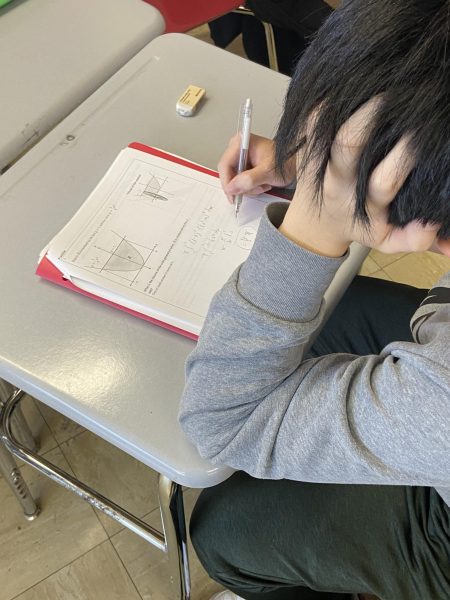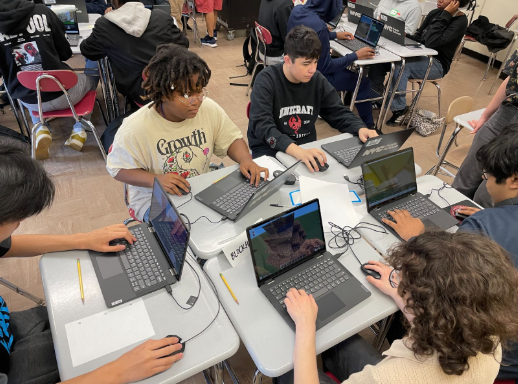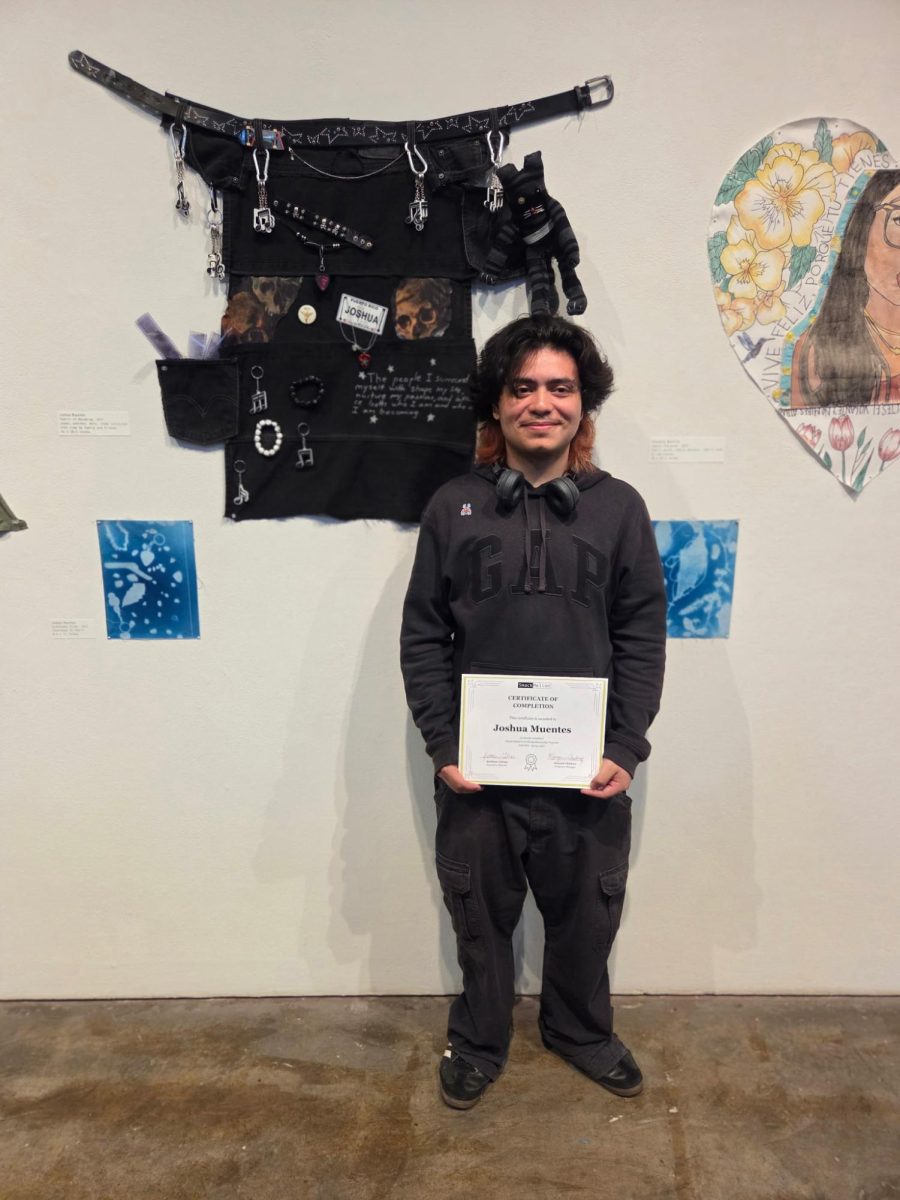As AP exam season approaches, high school students across the country are gearing up for the real deal. However, before the official exams begin in May, many schools administer mock AP exams to help students measure their readiness and identify areas for improvement. While some see the practice tests as a valuable learning experience, others find them as extra stress to an already overwhelming workload.
John Dewey High School is administering the AP mock exam on Saturday, March 29th and Saturday, April 5th. Dewey students will take mock AP exams in school and experience a real-time AP assessment that is approximately 2-3 hours long. This is a common practice across many schools that teach AP courses for students to get a feel for the real exam.
With the official AP exams approaching in May, students are using their mock scores to refine their study strategies. Many teachers use the results to focus on the areas where students struggled the most, like study habits based on their performance, practicing more timed essays or reviewing weaker topics in depth.
The biggest advantage of taking a mock exam is the ability to experience AP-level time constraints firsthand. Many students struggle to complete essays or multiple-choice sections within the assign time, and a practice test can reveal weaknesses before it’s too late.
For many students, the mock exams serve as a wake-up call. “I thought I was prepared, but the mock really showed me what I need to work on,” Eric Li said, a junior taking AP Calculus AB. “It was tough, but I’d rather struggle now than on the actual test.”

Junior Eric Li tackles AP level questions from his calculus packet.
While mock exams can be useful, they can also be overwhelming, especially for students taking multiple AP courses. With final projects, regular homework, and extracurricular activities, some feel that an additional high-stakes test only adds more pressure.
“It just feels like another huge test to worry about,” Matthew Mai said, a junior who is currently taking two AP courses. “I understand why they give them, but it’s a lot on top of everything else we have to do.”
Teachers, on the other hand, see the mocks as an essential tool for both students and educators. “ These practice tests help us understand where students need the most support,” AP Calculus teacher Mr. Wong said. “It also gives them a chance to experience the real testing environment so there are no surprises on exam day.”
AP courses are not only challenging classes for students determined to demonstrate their skills, it offers what they should expect in a college-level class. Most students have a sizable workload that builds up in their school and personal life schedule as the school year progresses.
“AP classes are not stressful by themselves but it’s more stressful taking the actual exam,” Senior Jason Gao said. “You don’t know if you’re going to get the credit or not.”
Most colleges and universities accept an AP score of 3, however, some may only accept a score of 4 or 5. This is due to the fact that college courses are so much more rigorous and require students to have a stronger understanding of the material. Additionally, AP courses may not always align with the College courses.
Most students & teachers utilize different sources to prepare for the Mock AP exam such as Khan Academy, College Board, past exams and assignments, etc. Most AP teachers assign College Board progress checks which are multiple choice and free response questions or FRQs practice tests. This also allows students to understand the complexity of AP exam questions and ultimately feel prepared for the upcoming exams in May.
Consequently, students study extremely hard for these advanced courses and often take APs corresponding with their intended major in college. Besides Mock AP exams, John Dewey offers a wide range of tutoring opportunities. They take place after school and on the weekends, which gives a huge relief for students who need support.















